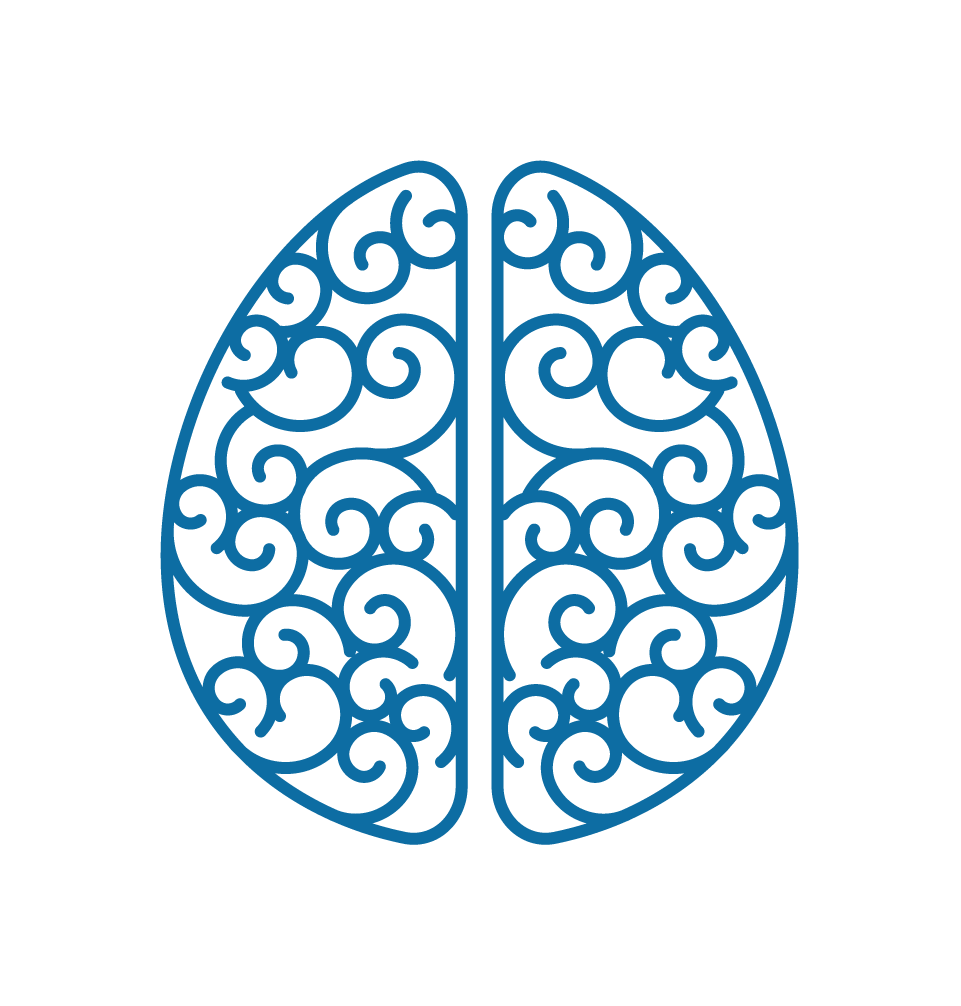DEMENTIA VS. ALZHEIMER'S: DISTINGUISHING THE DIFFERENCE
DEMENTIA VS. ALZHEIMER'S: DISTINGUISHING THE DIFFERENCE
Understanding the distinctions between dementia and Alzheimer's disease is an empowering journey. While both impact cognitive abilities, recognizing their unique characteristics can illuminate the path ahead. This guide seeks to clarify these differences, equipping you to support yourself or your loved ones with confidence and compassion. Together, let’s navigate the complexities that distinguish Alzheimer's and embrace the strength found in knowledge. Welcome, NeuroCurious Friends! Dr. Claudia, neurologist, here, today I want to invite you on a fascinating journey through the brain, where we’ll clarify what the terms "dementia" and "Alzheimer's" mean.
WHY ARE THESE TERMS SO OFTEN CONFUSED?
It’s very common to hear someone say:
"My grandfather has dementia… or maybe Alzheimer’s?"
as if they were the same thing. But they’re not.
Dementia is a general term, like saying “cancer” to refer to many different kinds. It refers to a group of conditions that affect memory, thinking, and social abilities severely enough to interfere with daily life.
Alzheimer’s disease is a type of dementia (the most common one, but not the only one).
SYMPTOMS THAT SET ALZHEIMER'S APART
ALZHEIMER’S often presents as:
Frequently forgetting new information
Repeating the same question every few minutes
Getting lost in familiar places
Progressively worsens over time, eventually affecting speech, movement, and the ability to recognize loved ones
Important:
Alzheimer's (or any type of dementia) is not a normal part of aging. Although it’s more common in people over age 65, not all older adults develop Alzheimer’s.
WHAT ARE THE CAUSES AND RISK FACTORS OF DEMENTIA?
Advanced age (the main risk factor)
Cardiovascular diseases (hypertension, diabetes, high cholesterol)
Lifestyle factors ((being sedentary, smoking, not challenging your brain)
Family history of Alzheimer’s or other dementias
Genetic factors
An early diagnosis allows for timely treatment that can slow the progression of symptoms and improve the quality of life for the patient and their loved ones.
Recognizing dementia can help you:
Seek proper medical support
Care for a loved one more effectively
Prepare for the future
Do you have specific questions? Leave them in the comments!
Remember, you have the power to create real change. Take control of your NeuroJourney!
ESP
DEMENCIA VS ALZHEIMER. ¿CÓMO LOS PUEDO DIFERENCIAR?
Comprender las diferencias entre la demencia y la enfermedad de Alzheimer es una experiencia enriquecedora. Si bien ambas afectan las capacidades cognitivas, reconocer sus características únicas puede iluminar el camino a seguir. Esta guía busca aclarar estas diferencias, brindándole herramientas para apoyarse a sí mismo o a sus seres queridos con confianza y compasión. Juntos, naveguemos por las complejidades que distinguen al Alzheimer y abracemos la fuerza del conocimiento. ¡Bienvenidos, amigos neurocuriosos! Dra. Claudia, neuróloga, hoy quiero invitarlos a un fascinante viaje a través del cerebro, donde aclararemos el significado de los términos "demencia" y "Alzheimer".
¿POR QUÉ SE CONFUNDEN TAN A MENUDO ESTOS TÉRMINOS?
Es muy común escuchar a alguien decir: "Mi abuelo tiene demencia... ¿o quizás Alzheimer?" como si fueran lo mismo. Pero no lo son.
Demencia es un término general, como decir "cáncer" para referirse a muchos tipos diferentes. Se refiere a un grupo de afecciones que afectan la memoria, el pensamiento y las habilidades sociales de forma tan grave que interfieren con la vida diaria.
La enfermedad de Alzheimer es un tipo de demencia (la más común, pero no la única).
SÍNTOMAS QUE DISTINGUEN EL ALZHEIMER..
El ALZHEIMER suele presentarse como:
Olvidar información nueva con frecuencia
Repetir la misma pregunta cada pocos minutos
Perderse en lugares familiares
Empeora progresivamente con el tiempo, afectando finalmente el habla, el movimiento y la capacidad de reconocer a los seres queridos.
Importante:
El Alzheimer (o cualquier tipo de demencia) no es una parte normal del envejecimiento. Aunque es más común en personas mayores de 65 años, no todos los adultos mayores desarrollan Alzheimer.
¿CUÁLES SON LAS CAUSAS Y LOS FACTORES DE RIESGO DE LA DEMENCIA?
Edad avanzada (principal factor de riesgo)
Enfermedades cardiovasculares (hipertensión, diabetes, colesterol alto)
Factores relacionados con el estilo de vida (sedentario, tabaquismo, falta de ejercicio)
Antecedentes familiares de Alzheimer u otras demencias
Factores genéticos
Un diagnóstico temprano permite un tratamiento oportuno que puede ralentizar la progresión de los síntomas y mejorar la calidad de vida del paciente y sus seres queridos.
Reconocer la demencia puede ayudarle a:
Buscar el apoyo médico adecuado
Cuidar a un ser querido de forma más eficaz
Prepararse para el futuro
¿Tiene alguna pregunta específica? ¡Déjela en los comentarios!
Recuerde: Tu tienes el poder de generar un cambio real. ¡Tome el control de su NeuroJourney!

